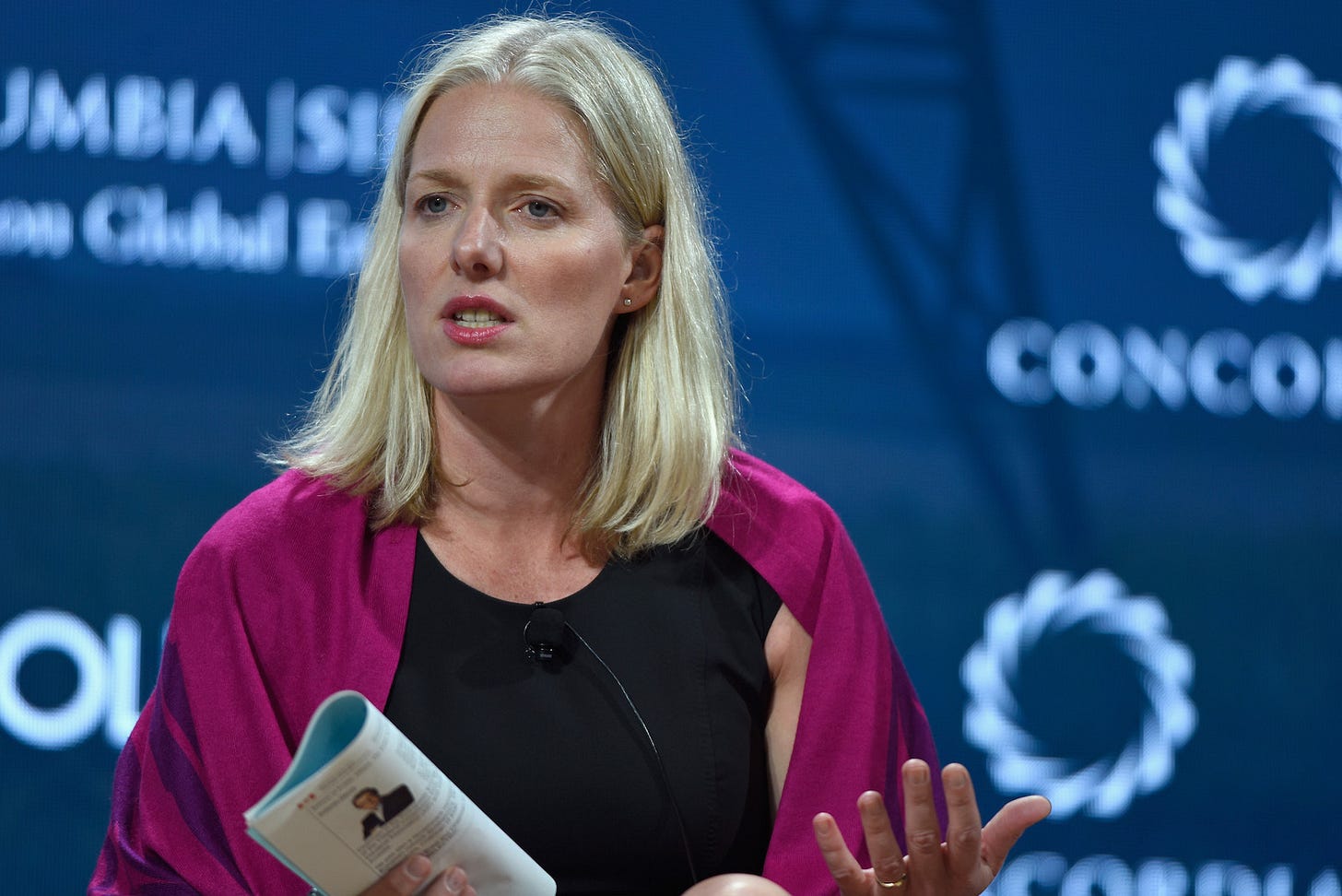The original “Climate Barbie”
These days, it’s good to be Barbie. But that wasn’t always the case.

Long before the Barbie movie took the world by storm, Catherine McKenna, Canada’s for…

Long before the Barbie movie took the world by storm, Catherine McKenna, Canada’s for…